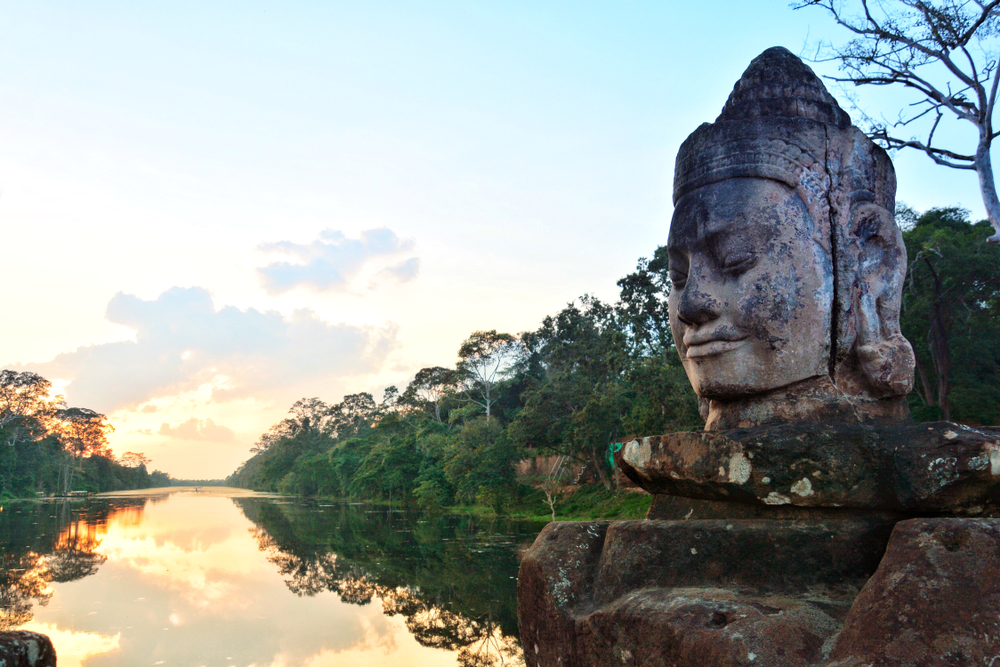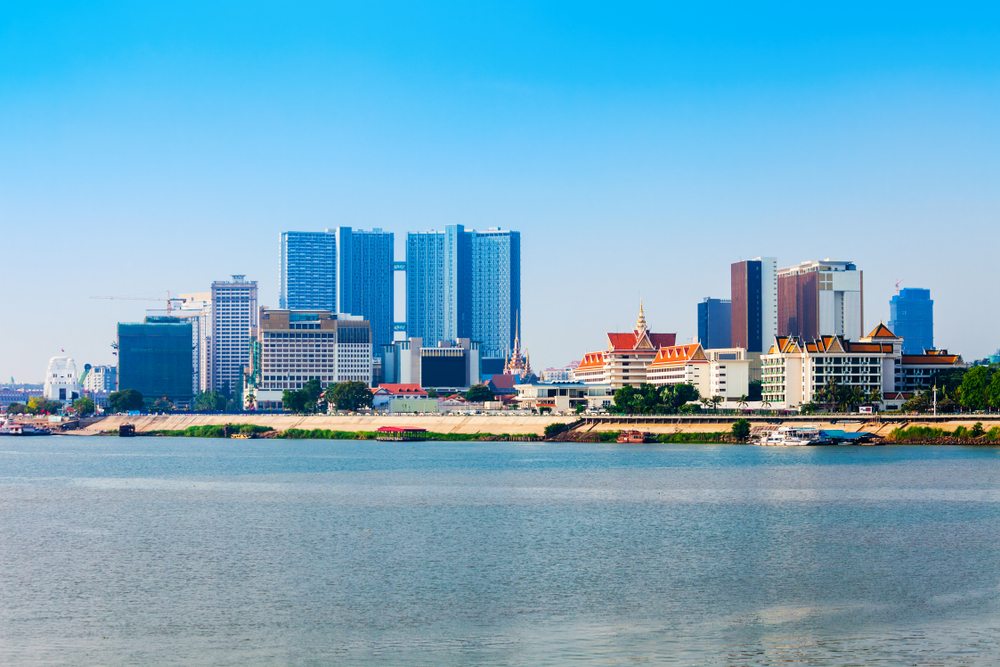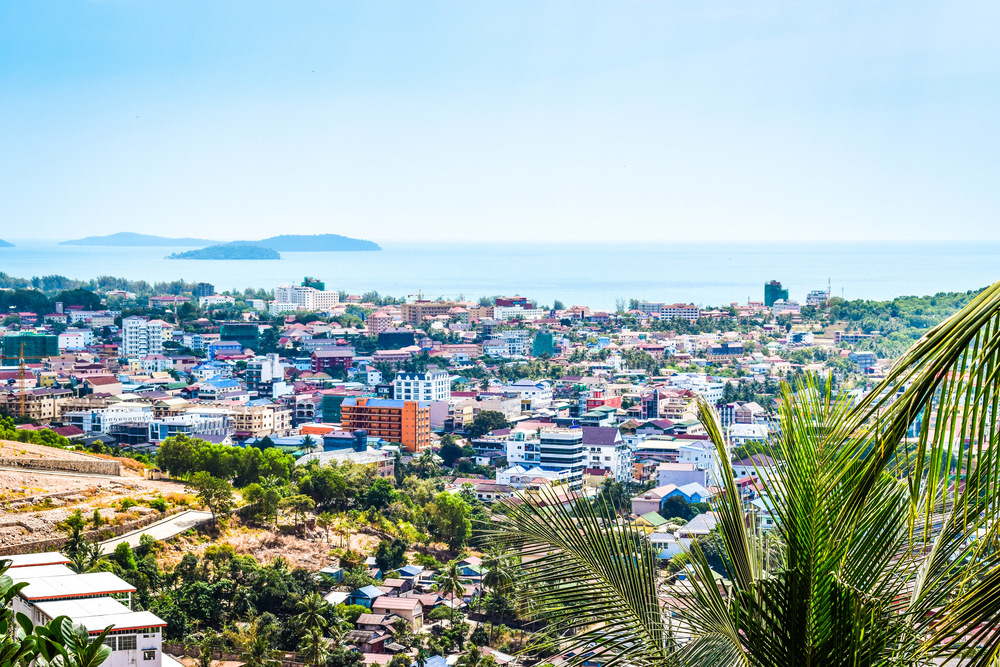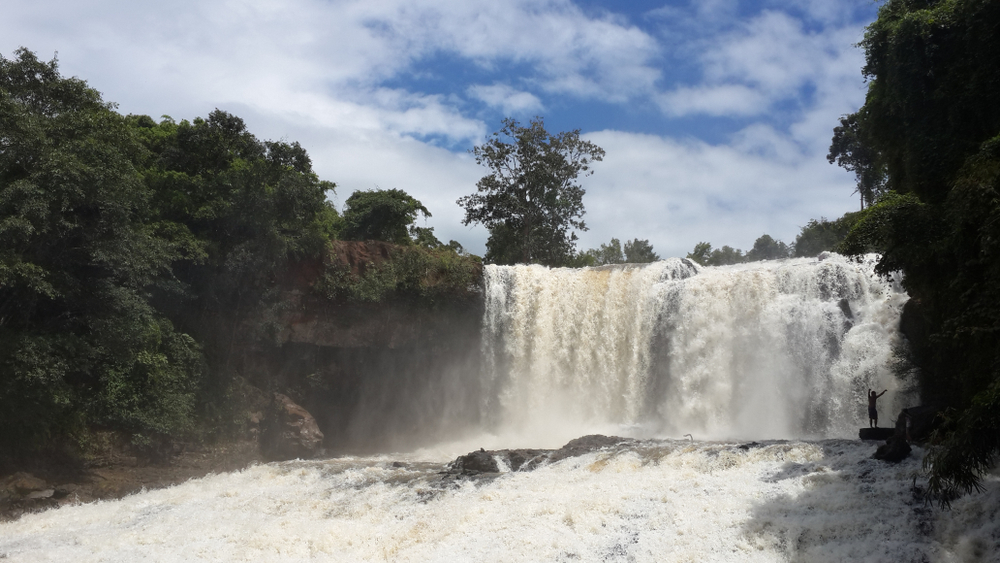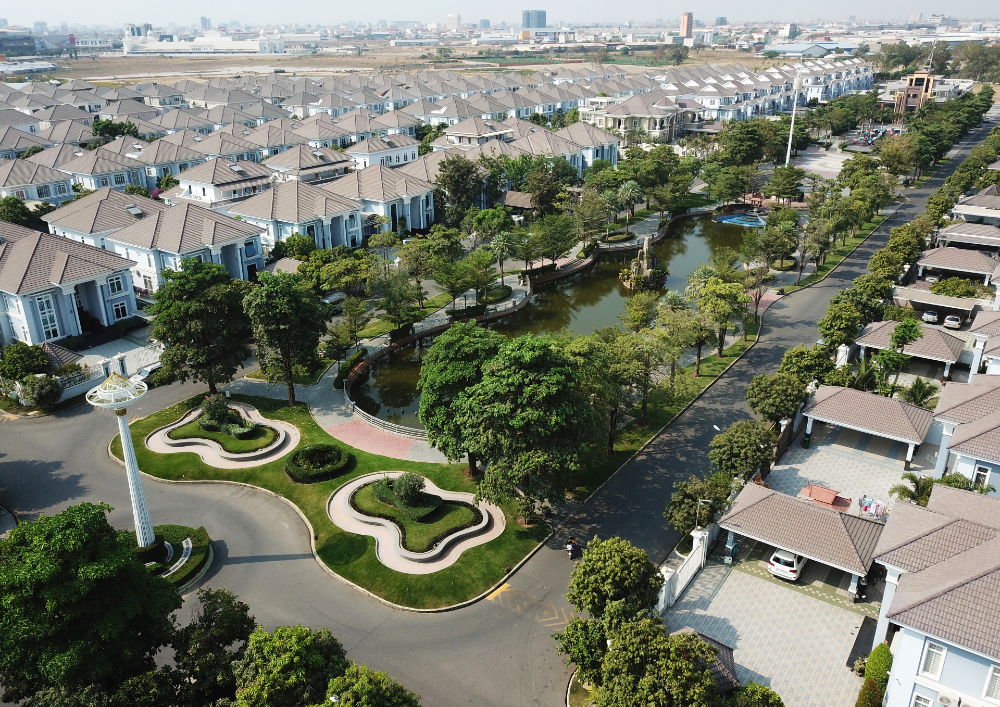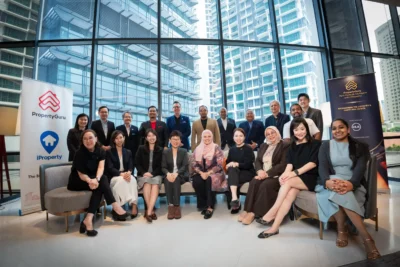Wealthy Khmer cause a stir in the property market as they reassess their investment options
The pandemic has resulted in a shift in Cambodia’s property sector as affluent locals invest in landed developments and even dip their toes into the foreigner-dominated condo market
By the end of last year, sectors underpinned by foreign demand continued to be ravaged, with the condominium market among the worst affected.
In Phnom Penh, the sales rate of high-end and mid-tier condominiums dropped to 5 percent in the first half of last year compared with 15 percent in the first half of 2019. By the end of the year, the pandemic “had started to take a more serious toll on the condominium sector” as a result of fresh outbreaks which had led to the government closure of businesses, said Knight Frank Cambodia in a recent report.
In the provinces of Siem Reap and Sihanoukville, both popular with tourists and expatriates, the real estate services firm similarly recorded lower transaction activity throughout the year.
“Siem Reap has been one of the worst impacted markets due to the pandemic. Large numbers of hotels and retail outlets are being mothballed or closed permanently as tourist arrivals have declined by approximately 76 percent during 2020,” said Ross Wheble, country director for Knight Frank Cambodia.
In stark contrast, segments geared towards locals have done surprisingly well as banks and developers have recalibrated their operations.
The National Bank of Cambodia reported homeowner loans had surpassed USD3.5bn in August, driven by landed property, which remains off-limits to foreigners by law.
In the first half of last year, the landed property sector saw a 36 percent increase in average pricing in Phnom Penh following launches by Chip Mong Land and Peng Huoth, well-known developers with units priced USD1,000 per square metre onwards.
This trend accelerated past the first half of the year as Cambodia managed to contain its Covid-19 fallout to fewer than 150 cases and zero deaths by the end of June.
“In the second half of the year, the market was still in a funk, but there was a lot of activity with local buyers and local developers, especially in the borey [landed property] market,” said Tom O’Sullivan, director of local property portal Realestate.com.kh.
A lot of developers remodelled their projects to focus on the local market. And there was a lot of interest, which we had never really seen before Covid-19
The growth in landed housing comes amid a growing middle class in Cambodia, which in the space of about seven years has spurred the launch of numerous malls housing big foreign brands and created a generation of eager young homeowners.
“More and more middle-class buyers are looking to purchase their own homes pushing developers to want to meet the newly identified demand,” stated the Knight Frank report.
But even more surprising is that the pandemic has seen demand from locals grow for condominiums, a sector that has long been dominated by overseas Asian developers and buyers since Cambodia relaxed its property laws eight years ago.
“A lot of the traditional developers that had focused their marketing efforts overseas remodelled and reskinned their projects to focus on the local market. And there was a lot of interest among locals, which we had never really seen before Covid-19,” said O’Sullivan.
To entice local buyers, developers such as Agile Property Holdings, a Chinese company, have been successfully offering stripped-down, unfurnished versions of their units at lower prices and securing sales with long-term payment plans. This is “terrible for the developer’s cash flow,” says O’Sullivan, but the strategy is designed to keep sales moving until foreigners can return to the country.
While the foreign market is far larger and more lucrative than the local market, securing interest from locals will be crucial in the months and years ahead as the country braces for a wave of new launches. In Phnom Penh, 11,000 new units are expected this year, dwarfing last year’s supply of 3,778.
The surge of interest from locals should also go some way to quelling long-held fears of an overheating condo market that will result in streets of vacant properties.
“The upside is that those local buyers are most likely to live in their apartment and reduce the risk of having ghost towers that everyone was speculating on a year or two ago,” says O’Sullivan.
But most are agreed that for momentum to build, there has to be confidence that Cambodia is out of the woods with the pandemic. And not everyone is sure it is.
Cambodia has seen several clusters emerge in the past few months, hindering the market from making meaningful progress.
In September, the market began to show signs of a recovery, following an 11-day run without any new cases. However, this streak was abruptly ended by two outbreaks in November “wiping out most of the confidence gained in the previous months,” said CBRE in its fourth-quarter update for 2020.
An additional outbreak in February was even more concerning. Indeed, the latest cluster has sent a chill through the market after a promising start to the year saw enquiries from both foreign and local buyers reaching levels not seen in 2020, analysts say.
“The market was really starting to pick up and we thought we were on the road to recovery, but the market is now on tenterhooks again,” says O’Sullivan.
While the answers to questions over the containment of the virus and when tourists are likely to be able to return remain opaque, most analysts agree that the local market can no longer be seen as an afterthought.
“It’s time for developers to push ahead with efforts to target the local market rather than waiting for foreigners to come back,” says Jovany Antonio, director of CMS Property Management — a real estate consultancy based in Phnom Penh — and member of the PropertyGuru Cambodia Property Awards judging panel.
“When you have developers focusing on locals buying villas and condominiums, that’s when you have a real estate market that is maturing and moving forward.”
The original version of this article appeared in Issue No. 165 of PropertyGuru Property Report Magazine
Recommended
6 reasons Bekasi is rising as Greater Jakarta’s next hotspot
One of Greater Jakarta’s rising stars is prospering, thanks to ample recreation and a contingent of desirable housing projects
6 developments driving Asia’s green real estate shift
Developers are being incentivised to push a green agenda into daring new realms
The Philippines’ LIMA Estate drives sustainable industrial growth
LIMA Estate models a citywide vision that uplifts workers while appealing to climate-conscious employers
Malaysia property market rebounds with foreign interest and growth
The nation’s property market is stirring to life, fuelled by foreign buyers and major infrastructure drives

